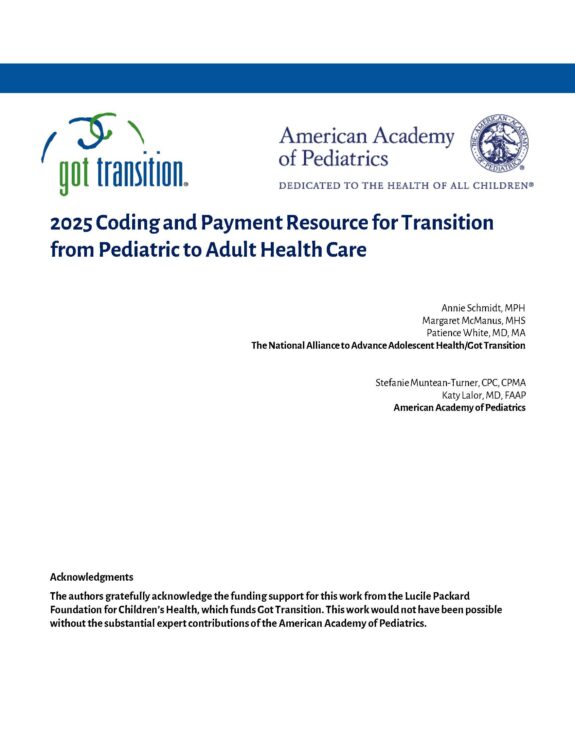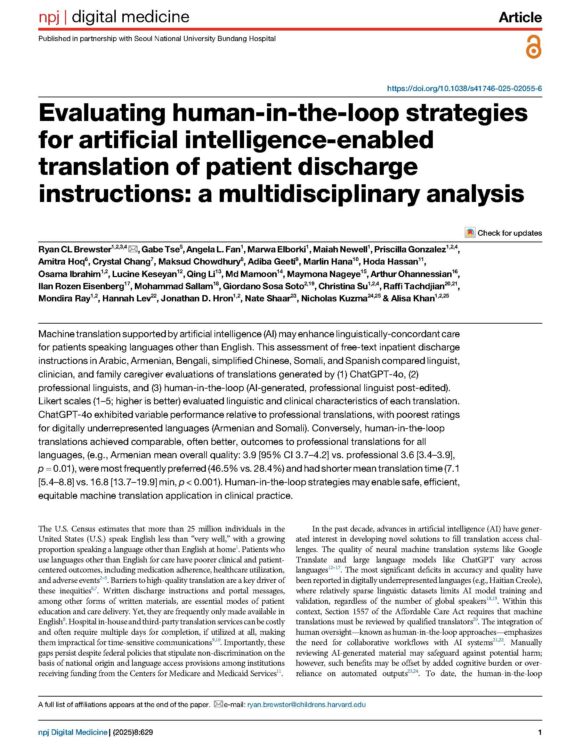Private Coverage Under California’s Affordable Care Act: How Will Children with Special Health Care Needs Fare?
This policy brief examines the extent to which California’s essential health benefits benchmark plan — Kaiser’s Small Group HMO Plan — meets the needs of children and adolescents, including those with special health care needs. It also examines the cost-sharing requirements that will be used by health insurance plans sold in California’s Health Benefit Exchange, including the subsidized silver plan, and discusses implications for families and policymakers. A total of 70 services were analyzed under the 10 essential health benefit (EHB) categories required by the Department of Health and Human Services (HHS) to implement the Affordable Care Act.
The authors conclude that California officials made a good choice in selecting the Kaiser small group plan as the state’s essential health benefits benchmark plan because of its expansive benefit coverage relative to most small group plans. To the extent that families can purchase platinum or gold plans, they will have much greater protection from high out-of-pocket costs than those who purchase silver, bronze, or catastrophic plans. Despite the broad range of covered benefits, there are still some services important for the care of children and adolescents with special health care needs that are not covered under the benchmark plan. Family therapy, inpatient chemical dependency treatment beyond detoxification, long-term intensive outpatient care and long-term residential treatment for mental health disorders and chemical dependency, long-term home health care, and hearing aids and cochlear implants are expressly omitted. The brief also raises a number of key issues that are yet to be resolved, including how families will be informed about the cost-sharing aspects of the plans.



